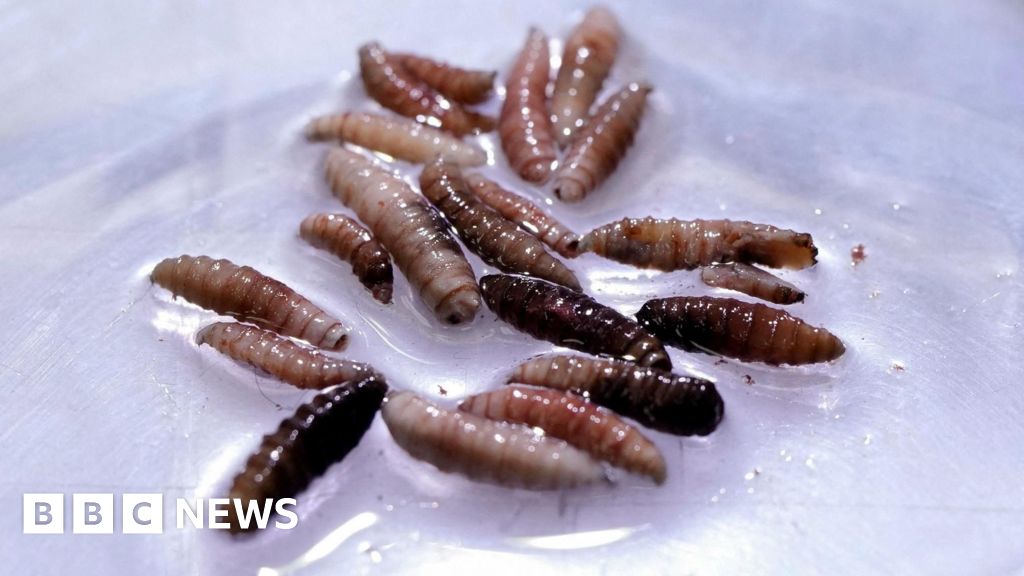NEW YORK (AP) — Health Secretary Robert F. Kennedy Jr.'s new vaccine advisory committee meets this week, with votes expected on whether to change recommendations on shots against COVID-19, hepatitis B and chickenpox.
The agenda for the meetings scheduled for Thursday and Friday in Atlanta remains unclear, raising concerns among public health experts regarding the implications of any changes that could pose new uncertainties about vaccines to parents.
Health professionals are particularly worried about a potential vote that could restrict a critical government program aimed at providing vaccines for low-income families. Dr. William Schaffner from Vanderbilt University expressed his apprehension, saying, I’m tightening my seat belt.
The committee, known as the Advisory Committee on Immunization Practices (ACIP), provides guidance to the CDC director on vaccine usage. Past recommendations have typically been accepted, influencing vaccination practices significantly.
After taking office, Kennedy dismissed the prior committee and filled it with members who hold anti-vaccine views, shifting the landscape of vaccine advocacy.
COVID-19 Vaccinations
Previously, ACIP would vote annually in June to affirm COVID-19 vaccination recommendations. However, during last June's meeting, the committee failed to address COVID-19 vaccinations and instead only recommended flu shots. Following Kennedy's controversial removal of COVID-19 vaccinations from the CDC’s guidance for healthy children and pregnant women, many healthcare associations criticized this decision.
CDC officials clarified that despite the revision, families could still access the latest COVID-19 vaccinations for children based on physician consultations, maintaining coverage through the Vaccines For Children program, instrumental for pediatric vaccinations across the U.S.
Without clarified guidance or a formal endorsement for the upcoming COVID-19 vaccines, up to half of the children in America might lose access to these vital shots, raising alarms among pediatricians urging continued vaccinations for young children.
Hepatitis B Vaccination
The hepatitis B virus is a serious health threat, especially for infants who can contract it from infected mothers. Failure to vaccinate results in a high number of chronic infections in affected infants. The ACIP previously recommended hepatitis B vaccinations for newborns shortly after birth to curb infections effectively.
Despite the successful history of these vaccinations, the current committee hinted at revisiting past guidance for unspecified reasons, leaving experts concerned about potential impacts on infant health.
Chickenpox Vaccine Review
Chickenpox vaccines have reduced the incidence of this highly contagious disease significantly since its introduction. Yet under the new advisory panel, members indicated a desire to reassess existing recommendations, although no new evidence suggests that these vaccines pose safety issues.
Experts worry that this renewed scrutiny is part of a broader campaign to foster vaccine skepticism. Dr. Sean O’Leary of the American Academy of Pediatrics criticized the committee's efforts, branding them as detrimental to public health.
The upcoming meetings hold significant implications for vaccination programs, particularly as the public navigates increasing skepticism towards vaccines.


















